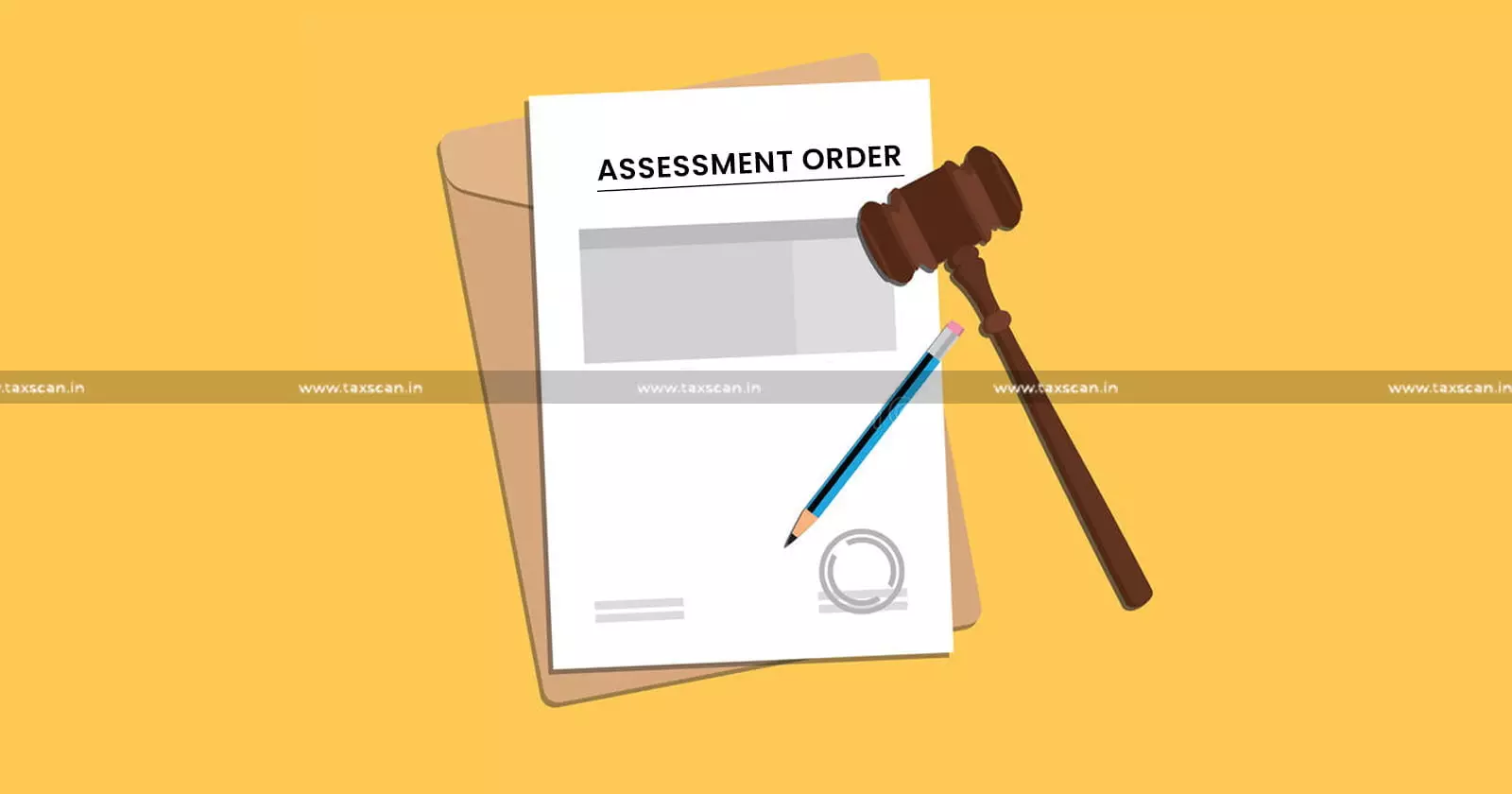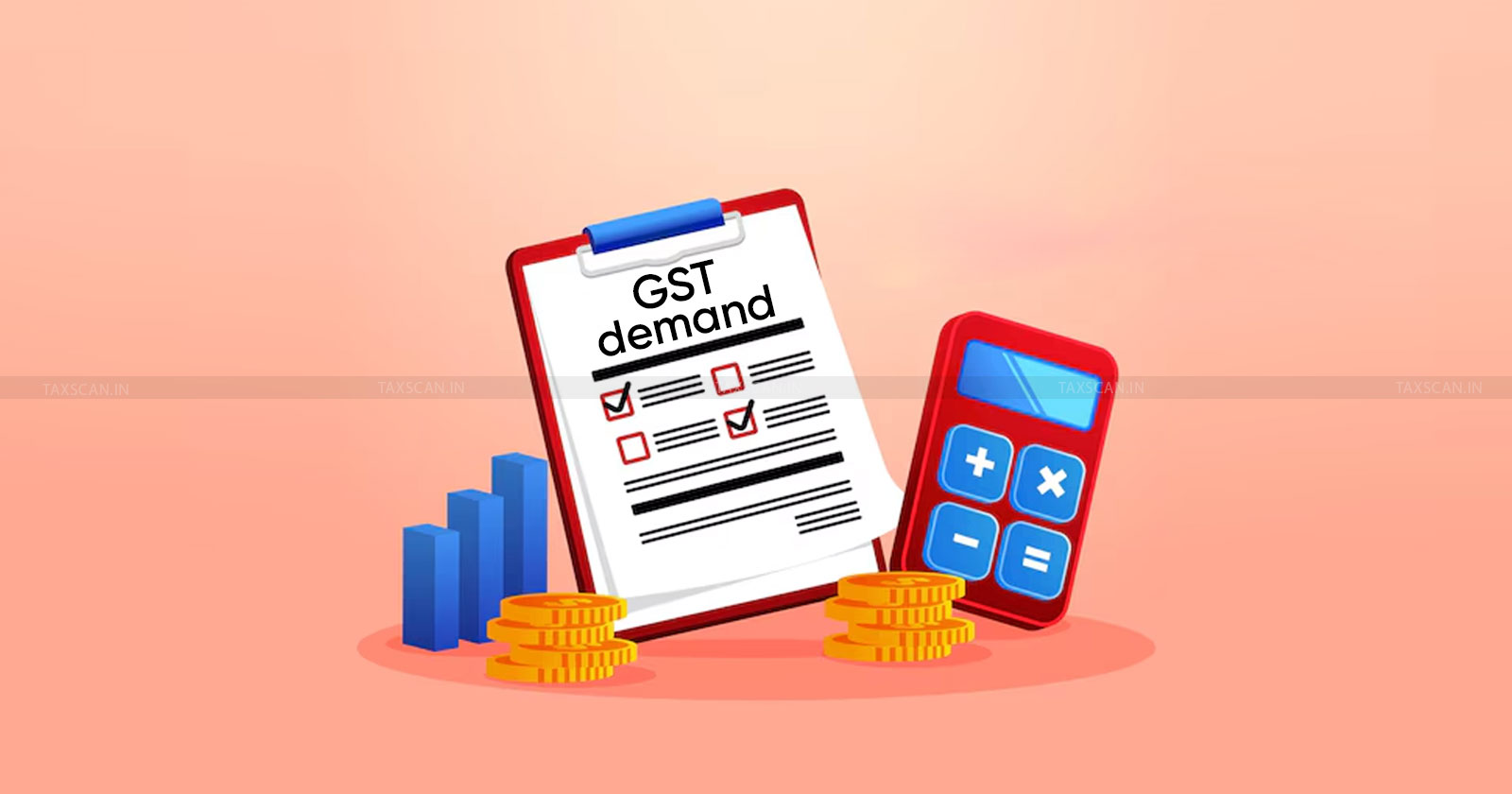GST Liability in Construction JDA Arises Only Upon Transfer of Possession or Rights, Not on Execution of Agreement: Bombay HC [Read Order]
The Bombay HC rules that GST on construction JDAs arises only upon transfer of possession/rights, not execution of agreement, and orders refund of Rs. 7 crores with 6% interest
![GST Liability in Construction JDA Arises Only Upon Transfer of Possession or Rights, Not on Execution of Agreement: Bombay HC [Read Order] GST Liability in Construction JDA Arises Only Upon Transfer of Possession or Rights, Not on Execution of Agreement: Bombay HC [Read Order]](https://images.taxscan.in/h-upload/2025/09/04/2084070-gst-liability-non-payment-short-payment-tax-on-outward-supplies-madras-hc-reasonable-opportunity-pre-deposit-taxscan.webp)
In a recent ruling, the Bombay High Court ruled that GST liability in a construction joint development agreement (JDA) arises only upon the conveyance or transfer of possession or rights, and not on the date of execution of the agreement.
Your 2025 GST Companion — Clarity You Can Count On- Click here
Provident Housing Ltd (the petitioner) filed a writ petition challenging the demand for GST raised based on a JDA executed on 13 October 2017 with the landowner. The GST department had insisted that tax was payable from the date of execution of the agreement, and under pressure, the petitioner deposited Rs. 7 crores on 21 December 2021.
 Also Read:Madras HC Quashes Consolidated GST Order for Multiple Years, Says Each Year Requires Separate Notice and Assessment [Read Order]
Also Read:Madras HC Quashes Consolidated GST Order for Multiple Years, Says Each Year Requires Separate Notice and Assessment [Read Order]
The petitioner’s counsel argued that no liability could arise on the date of execution of the JDA, since Notification No. 4 of 2018, issued on 25 January 2018, made it clear that liability would arise only when possession or rights were transferred by way of a registered conveyance or similar instrument.
The petitioner’s counsel further argued that in this case, the JDA did not result in any such transfer, as the landowner later sold the land outright, bringing the arrangement to an end.
The department argued that the JDA itself created a taxable service, that tax was payable at 12 percent from 28 June 2017 under Notification No. 11 of 2017, and that the petitioner was liable on the value of construction agreed to be provided to the landowner.
 Also Read:GST Demand Order Passed alleging Excess ITC Claim: Madras HC directs to Consider Application for Rectification of Order [Read Order]
Also Read:GST Demand Order Passed alleging Excess ITC Claim: Madras HC directs to Consider Application for Rectification of Order [Read Order]
The Division Bench comprising Justice M.S. Sonak and Justice Bharat P. Deshpande observed that in later affidavits filed by the department, it was accepted that liability would arise only on the transfer of possession or rights, not on the date of signing the JDA.
The court explained that no transfer had occurred under the JDA and the parties had extinguished their rights by subsequent sale, no GST liability arose on 13 October 2017.
The court held that the petitioner had no liability to pay GST on the execution of the JDA. It directed the department to refund the sum of Rs. 7 crores deposited under protest, together with interest at 6 percent per annum from the date of deposit. The refund was ordered to be completed within six weeks. The writ petition was accordingly allowed.
Support our journalism by subscribing to Taxscan premium. Follow us on Telegram for quick updates


